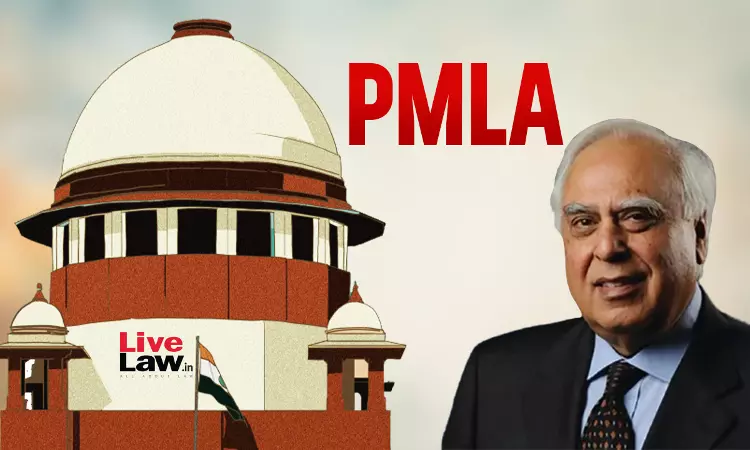PMLA Provides No Procedure On Summoning, So CrPC Will Apply : Sibal Tells Supreme Court In Abhishek Banerjee's Case
Debby Jain
1 Aug 2024 1:08 PM IST

Next Story
1 Aug 2024 1:08 PM IST
During the hearing of TMC MP Abhishek Banerjee's plea against ED summons in a school jobs scam case, Senior Advocate Kapil Sibal urged before the Supreme Court on July 31 that the Prevention of Money Laundering Act provides “power” to summon an accused, but does not prescribe the “procedure” for summoning. “Power to summon is there, but procedure to summon is absent”, he...
